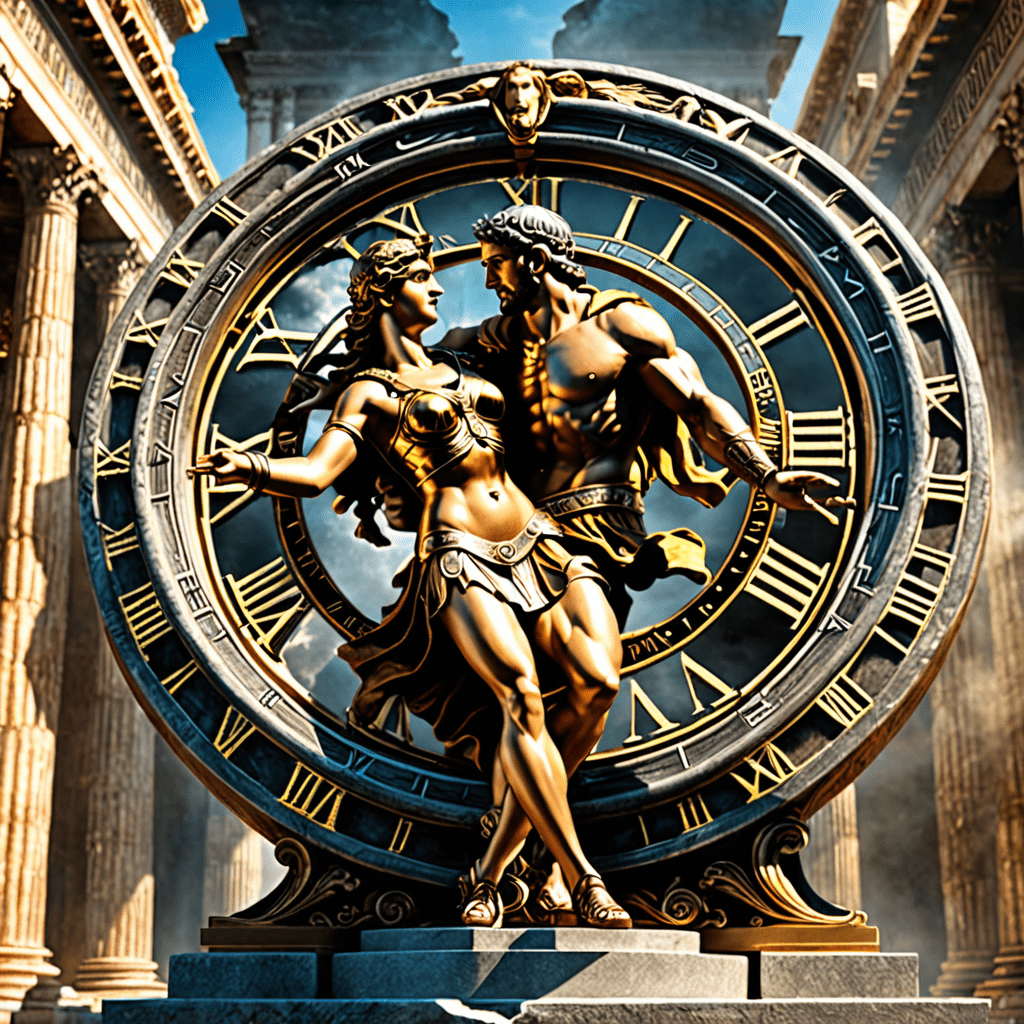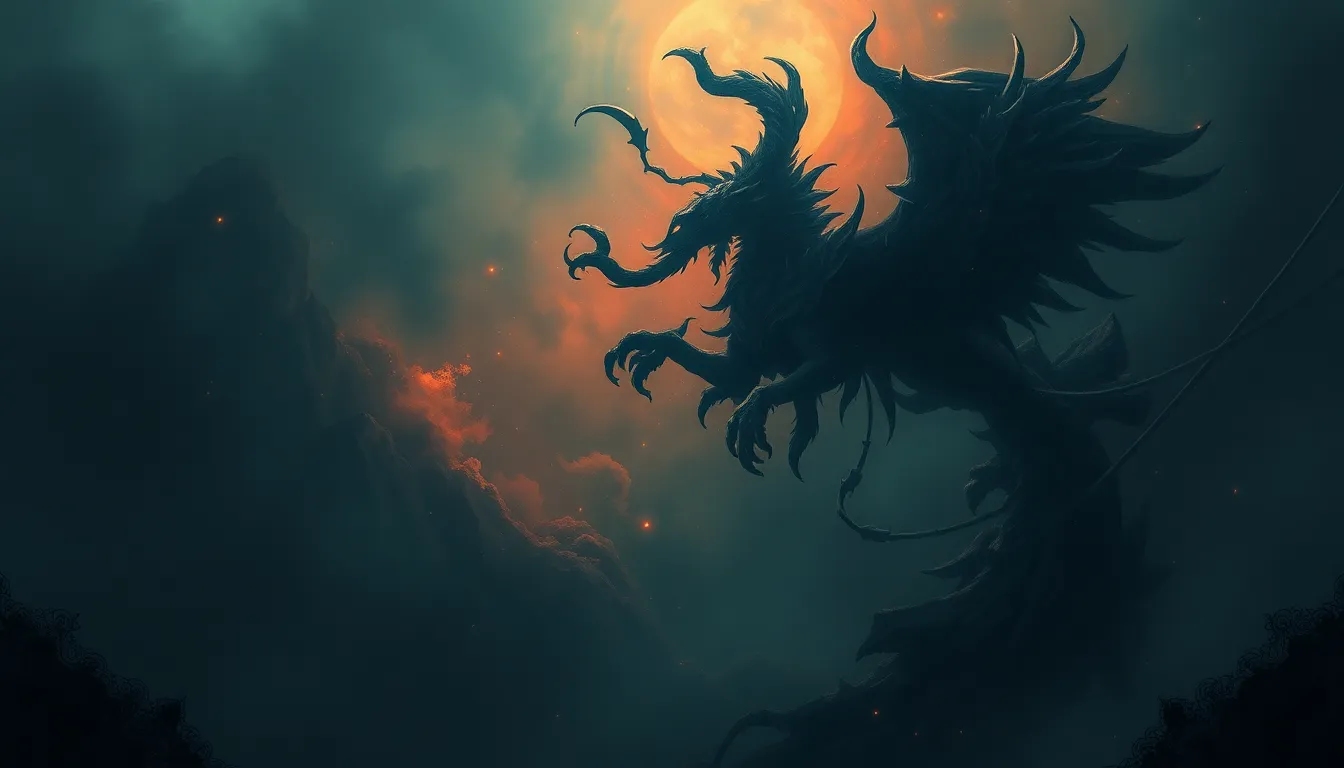Roman Mythology: Exploring the Concept of Time and Chronology
Welcome to the intriguing world of Roman mythology, where gods and goddesses reign supreme and tales of time and chronology intertwine with fascinating narratives. Let’s delve into the essence of time in Roman mythology and unravel the mysteries of chronology as perceived by the ancient Romans.
The Roman Gods and the Passage of Time
In Roman mythology, time played a vital role in shaping the very fabric of existence. The Romans believed in a pantheon of gods and goddesses who governed various aspects of life and time itself. One of the most prominent figures associated with time was Saturn, the god of agriculture and the harvest. Saturn was also linked to the concept of the Golden Age, a time of peace and prosperity.
Mythological Figures Associated with Chronology
A key figure linked to chronology in Roman mythology is Janus, the two-faced god who symbolized transitions and new beginnings. Janus was believed to preside over beginnings, endings, doorways, and time itself, making him a central figure in understanding the cyclical nature of time in Roman mythology.
The Cosmic Cycle and Ancient Roman Calendars
Ancient Romans structured their calendars around the movements of celestial bodies, particularly the sun and the moon. The Roman calendar underwent several reforms to align with astronomical events, such as the introduction of the Julian calendar by Julius Caesar. Festivals and religious ceremonies were scheduled based on celestial observations, emphasizing the interconnectedness of time, mythology, and earthly events.
The Legacy of Roman Mythology in Modern Understanding of Time
Although the Roman Empire may have fallen, its legacy endures in various aspects of modern society, including the concept of time and chronology. The influence of Roman mythology can be seen in the names of days and months, as well as in philosophical reflections on time and the cyclical nature of history.
Exploring Roman mythology offers a profound insight into how ancient civilizations perceived and interacted with time and chronology. The rich tapestry of gods, goddesses, and mythological beings intertwines with the intricate threads of time, creating a narrative that continues to fascinate and intrigue.
FAQs about Roman Mythology: Exploring Time and Chronology
What is Roman mythology?
Roman mythology refers to the beliefs, narratives, and religious practices of the ancient Romans. These myths often centered around gods, goddesses, heroes, and legendary figures.
How does Roman mythology explore the concept of time?
In Roman mythology, time was personified as Chronos, the god of time and ages. This deity represented the abstract concept of time and the unfolding of events in a chronological sequence.
What role does Chronos play in Roman mythology?
Chronos is often depicted as a wise and elderly figure, symbolizing the cyclical nature of time, including birth, growth, decay, and renewal. He is associated with the unfolding of cosmic events and the passage of history.
How is chronology portrayed in Roman mythology?
Roman myths often incorporate narratives that reflect the passage of time, including the genealogies of gods and heroes, the founding of Rome, and the rise and fall of empires. Chronology is essential in understanding the interconnectedness of events in Roman mythology.



